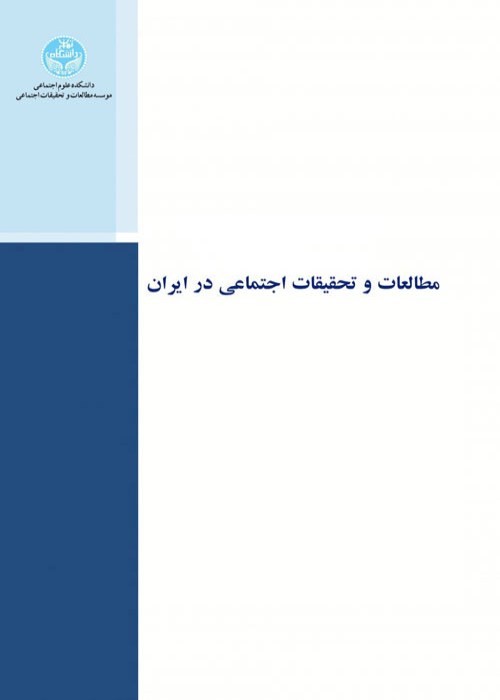Political Culture and Social Development: A Social Approach in the Analysis of Political Culture
One of the distinguishing aspects of different societies is the difference in the values, attitudes and behaviors of their people in relation to politics and the political system, which is manifested in the form of political culture and in components such as consciousness, beliefs, values, norms and political symbols. These components are formed in the context of history and social life and change as societies develop. One of the dimensions of development that includes almost all other dimensions of development and influences the political culture of societies as one of the basic indicators of political development is social development. A look at the index of social progress in 2020 and its adjustment to the index of democracy in different countries shows that social development influences the political culture of different societies. Accordingly, this article intends to provide a theoretical approach to the analysis of political culture by highlighting the role of social development in political culture and reviewing the theoretical and experimental literature with reference to the valid indicators of social development and political culture of countries while answering the question: How does social development change political culture?
The present article uses a comparative method with a descriptive-analytical approach. The study unit is different countries in 2020, which have been selected by purposive sampling method. Data collection tools include library and documentary studies, including reports from recognized international organizations, books, and professional articles.
The comparison of the situation of different countries in terms of the two indicators of social progress and democracy in 2020 shows that all countries with high social development are considered fully democratic societies and their political culture has a high value. Even in the countries ranked second and third in social development, their political culture has declined in proportion to the decline in social development, and their political system tends to be imperfect democracy. In addition, the countries in the fourth and fifth rank of social development with relatively low social progress scores have relatively low political culture scores, and they have subsequent political culture relative to the relatively low level of social development and belong to the hybrid regimes based on the democracy index in 2020. Finally, the countries in the sixth rank of social development all have undemocratic political culture and authoritarian political regimes.
Findings show that in the process of social development of a society, the indicators of social development influence the dimensions and components of political culture of citizens. The study of the theories of thinkers such as Almond and Verba, Inglehart, Wellsel and Putnam confirms this assertion. In addition, the study of the state of countries in terms of social development and democracy confirms the relationship between social development and political culture. The correspondence between countries’ political culture and their state of social development based on indicators of social progress and democracy clearly shows this. It can be concluded that in the relationship between the different dimensions of development, the social dimension comes first and plays a fundamental and decisive role. Thus, social development takes precedence over political culture. This approach is a theoretical approach called the “social approach” in the analysis of political culture. Unlike previous and common approaches that emphasize the role of cultural, political, and economic factors in analyzing political culture, it considers the role of social dimensions of development to be crucial in analyzing and explaining political culture.
- حق عضویت دریافتی صرف حمایت از نشریات عضو و نگهداری، تکمیل و توسعه مگیران میشود.
- پرداخت حق اشتراک و دانلود مقالات اجازه بازنشر آن در سایر رسانههای چاپی و دیجیتال را به کاربر نمیدهد.



